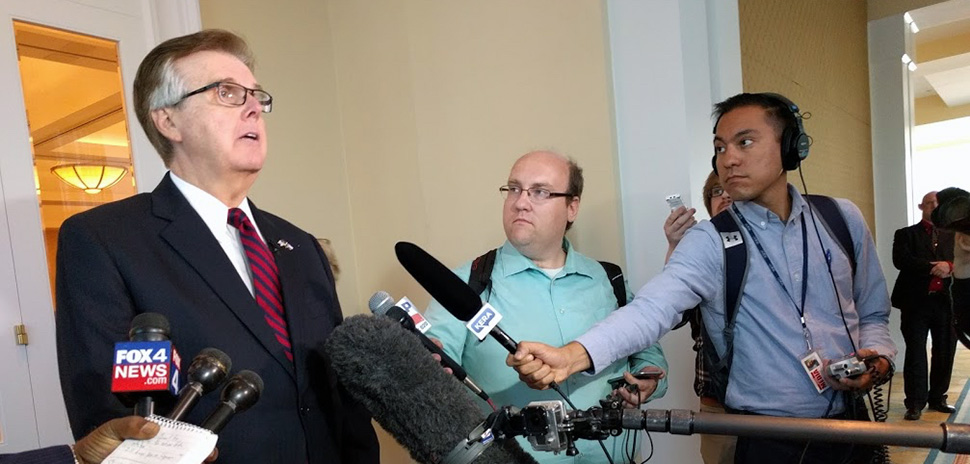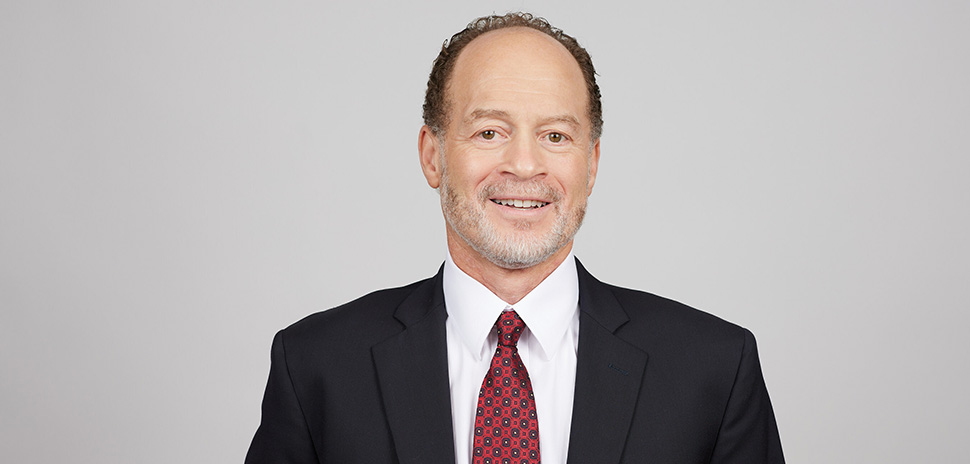Texas Lt. Gov. Dan Patrick will renew his fight to institute school choice in the 2017 Texas Legislative session, a move that he says will better prepare young Texans for the workforce.
Patrick spoke to a packed house at the Dallas Regional Chamber luncheon Thursday afternoon at the Belo Mansion.
School choice, a controversial idea for many public school advocates, holds public school districts accountable, Patrick said. That, combined with the new A through F public school rating system that starts next year, are meant to arm parents with the information they need to make informed decisions.
WHAT IS SCHOOL CHOICE?
At its core, school choice programs provide alternatives to parents who don’t want to send their children to public schools assigned to them by their school districts. Among other things, proponents have supported the idea of the government providing school vouchers that would allow public school students to attend private schools, something Patrick said he supports.
He said that too many children are stuck in failing schools with no way out because their parents can’t afford private schools. School choice would offer vouchers or government financial assistance so children could attend a private school or charter school.
“It’s not up to the child to meet the needs of adults in the school system,” Patrick said. “It’s up to adults in the school system to meet the needs of the children.”
A school choice bill passed the Texas Senate in 2015, but died in the House of Representatives. The next session starts in January.
“It’s not up to the child to meet the needs of adults in the school system. It’s up to adults in the school system to meet the needs of the children.” Dan Patrick
He cited a poll that shows 72 percent of Texas voters support school choice. It’s less popular with Democrats, 59 percent, and Liberals, 53 percent.
“You just listen to the will of the people, the people who elected you,” Patrick said.
He said students with special needs would benefit from the special attention they could get at another school, but the parents can’t afford it.
“If we can’t get school choice passed for children with disabilities, then who are we as a legislature?” he asked.
Patrick, who lives in the Houston area, talked about a high school that didn’t have a certified math teacher on staff for three years.
“How can we expect students to be proficient in a subject when the teacher isn’t,” he said.
He also emphasized the importance of the T-PAC initiative, which stands for Texas Pathways to Academic Careers. It’s already being implemented in the Dallas Independent School District, and he’d like to see more school districts adopt it.
PATRICK WANTS BUSINESS INVOLVEMENT
“We want a student to graduate from high school with an associate degree already in hand or some type of a license for a profession,” Patrick said. “We’re asking for businesses to participate. If they’re working as an apprentice, there’s a good chance they’ll get hired.”
Currently, 30 percent of high school graduates don’t go on to higher education, Patrick said. The problem is that 80 percent of jobs require some kind of degree or skill, he said.
Patrick’s goal is to get 60 percent of Texas high school graduates to complete a higher education degree by 2030.
Other priorities for the 2017 session include reducing property taxes, reducing the threshold to have city, school district or county rollback elections and increasing border security.
Delivering what’s new and next in Dallas-Fort Worth innovation, every day. Get the Dallas Innovates e-newsletter.






































































